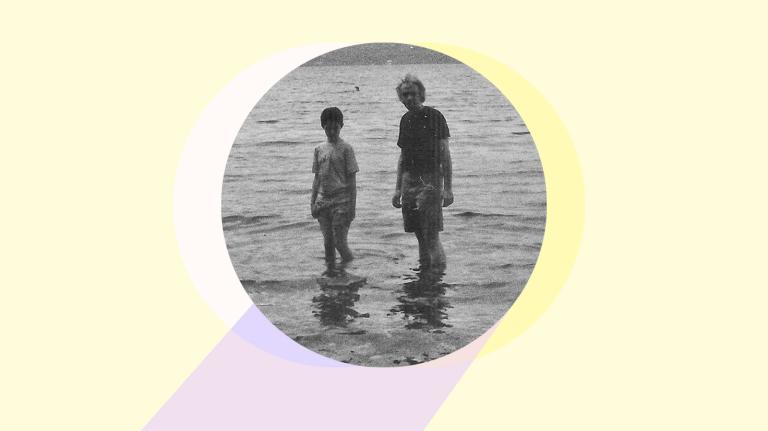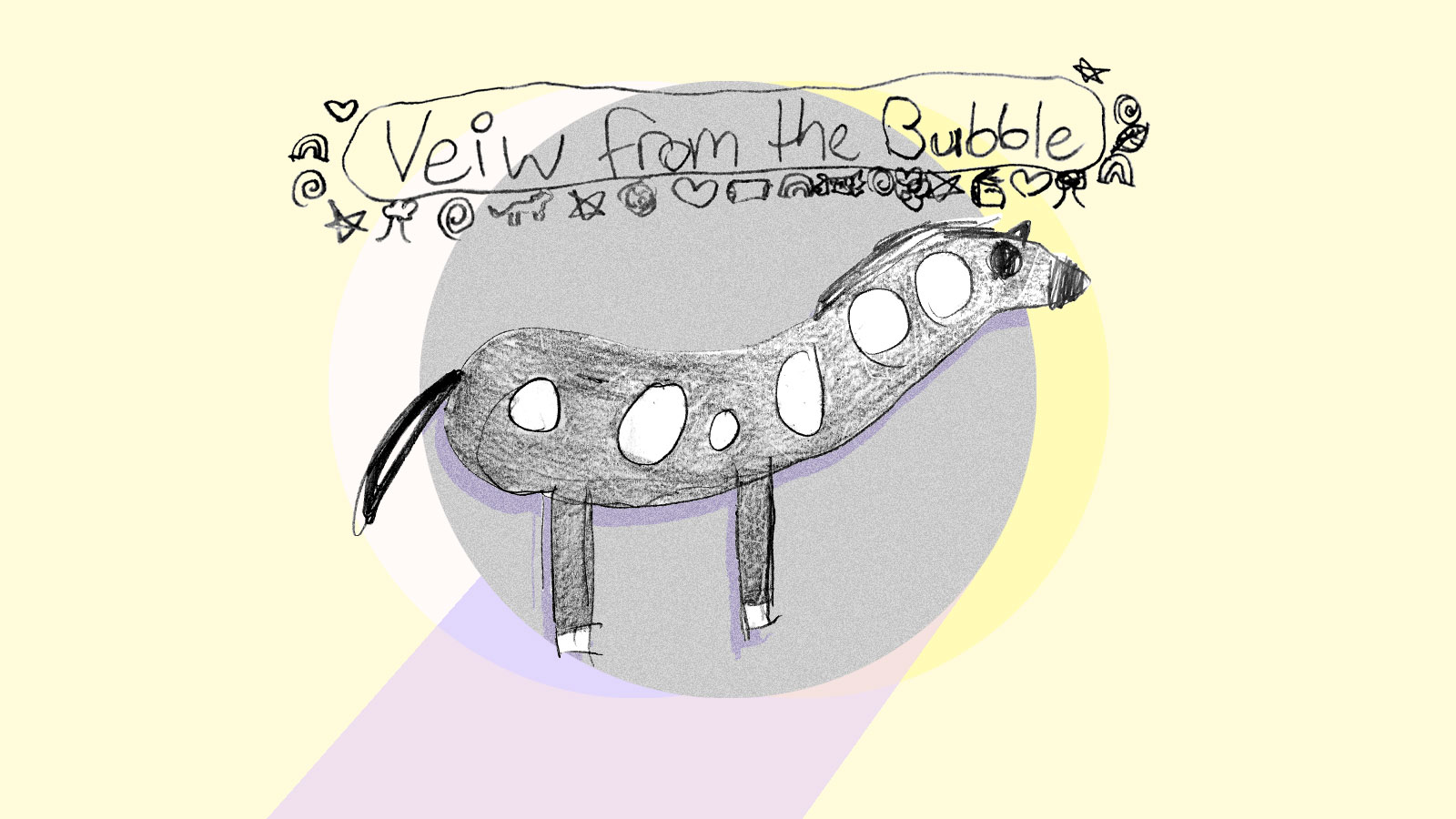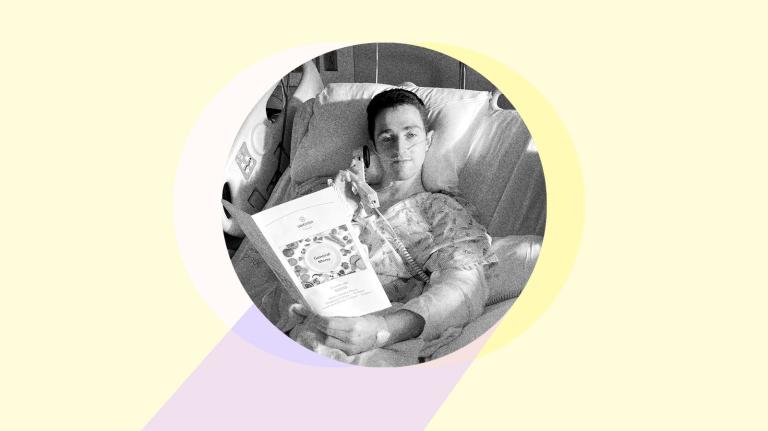A little over three months ago, my wife and I sat down at the dining table to talk about the future. With schools closing and two young kids to care for, we decided that one of us would need to stay home with them. We are both classified as essential workers: My wife is a nurse practitioner in a homeless shelter, and I am a journalist. But we decided her job was the more important one, especially now. So she kept going to the shelter, and I stayed at home with the kids. After trying to juggle everything for a week I gave up working, except for a little more than a day a week — when my wife is home.
I focused all my attention on my daughters, dashing from one to the other, helping one log into her next online learning program, then racing back to cajole the first into actually doing her homework. It’s astonishing how quickly making snacks, finding lost socks, and providing tech support will gobble up a day.
Then last week, summer vacation started and the days slackened. It felt like an odd kind of sabbatical, or even a Sabbath, as if we’d passed through a door in a hedge and entered a place outside of time. I spent hours repairing bikes on my stoop, a beer going flat on the stairs and music chirping from my phone while the children raced back and forth on the road. They read and played with sticker books all day. I searched for problems around the house to fix with a hammer and saw.
I kept reading the news, though, and it was strange to watch the world change so quickly without writing much about it myself. While other people were dying, fighting, protesting for justice, or just working their asses off, I was experiencing it through what felt like a thick panel of glass. My wife would emerge from that outside world, strip down, and shower. I’d try to time dinner for her arrival, then ask for updates from the other side.
Now that’s all about to change. I’m going back to full-time work with a sense of trepidation — do I still have the stamina to sit in front of a computer all day? Can I really keep up with my superhuman colleagues running down stories?
And what, I wonder, are we supposed to do with the kids? For now, the plan is to send them to a day camp that makes some good-faith effort to keep them spread out. Even so, it seems crazy after working so hard to isolate them for months, after telling them they can’t even hug their cousins. And yet, will it make any more sense to have kids congregate when school reopens? Should we stay home until there’s a vaccine, or start South-Korea-style contact tracing? Everything is uncertain. The probabilities keep shifting.
In the old stories, when someone returns through the door in the hedge after spending years in the world of the fairies, their life resumes as if no time had passed at all — they are simply sadder and wiser. Maybe that’s the way it will be with me, but I doubt it. The world I’ll be returning to is still upside down, or perhaps it’s just revealing itself as the chaotic place it’s always been. While part of me is mourning the loss of my bubble, I realize nostalgia is not sustainable. At some point, it’s the same as regression.
Now perhaps the world is simply moving in a different direction. I only hope it’s a better one.



